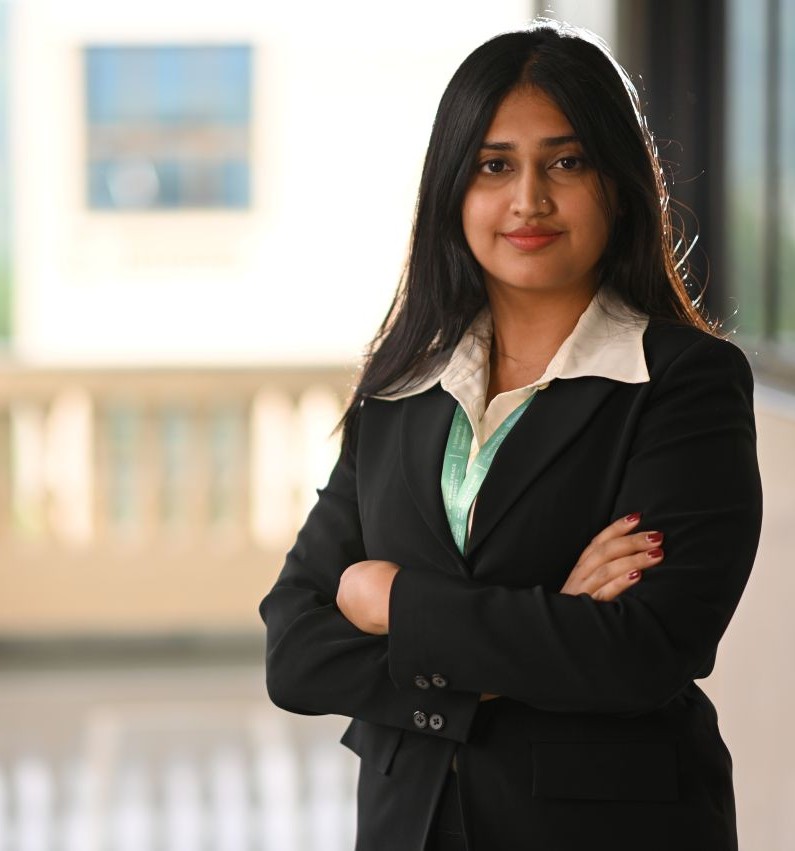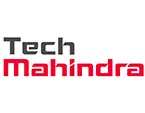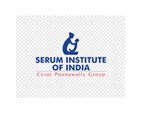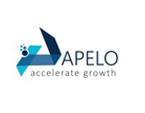M.Sc. Physics
Programme Overview
The M.Sc. Physics programme at MIT-WPU is an intensive postgraduate programme, designed to impart advanced knowledge and expertise in the field of physics. This rigorous programme places a strong emphasis on theoretical concepts, experimental techniques, and research methodologies, equipping students with the essential skills to address complex challenges and contribute significantly to the field of physics. Through a combination of lectures, laboratory experiments, and research projects, students gain profound insights into these foundational areas and have the opportunity to explore cutting-edge research topics. Moreover, the programme serves as a strong foundation for students aspiring to pursue further studies at the doctoral level.
This M.Sc. in Physics degree programme is delivered by distinguished faculty members who are renowned experts in their respective fields, ensuring the delivery of high-quality, industry-ready education. Students pursuing the M.Sc. in Physics programme have the option to specialise in the following areas:
Computational Physics: This specialisation empowers students with advanced computational techniques for modelling and simulating complex physical systems. Graduates are equipped to tackle challenging problems in areas such as quantum mechanics, condensed matter physics, and computational fluid dynamics.
Photonics: This specialisation revolves around the study and manipulation of light. Students develop skills in designing and creating cutting-edge photonic devices and systems for applications in telecommunications, medical imaging, and renewable energy.
Astrophysics: This specialisation delves into the study of celestial objects and phenomena, providing students with a comprehensive understanding of the universe, stellar evolution, and cosmology. Graduates are well-prepared for careers in astronomical research, space exploration, and astrophysical data analysis.
Devices and Design: This specialisation focuses on the design, fabrication, and optimisation of electronic and optical devices. Students gain expertise in areas such as semiconductor technology, circuit design, and integrated systems, preparing them for careers in industries such as electronics, telecommunications, and semiconductor manufacturing.
Duration & Fees
Duration
2 Years
Applications Open for 2026
Fee Per Year
₹ 1,10,000
Scholarship
| Scholarship for AY 2026-27 | Graduation Aggregate Score | XII Aggregate Score |
|---|---|---|
|
Dr. Vishwanath Karad Scholarship |
85 & Above |
85 & Above |
|
MIT-WPU Scholarship I |
80 & Above |
80 & Above |
|
MIT-WPU Scholarship II |
75 & Above |
75 & Above |
Note: Scholarships will be awarded based on the Graduation and Class 12/HSC score.
Terms & Conditions Apply:
- All Scholarships are awarded on a First Come First Serve basis. All Scholarships are awarded as fee adjustments.
- To continue the scholarship for the entire duration of the programme, a minimum level of the academic score has to be maintained at an 8 CGPA across all semesters, attendance is to be maintained at a minimum of 80 percent and there should be no disciplinary action against the student.
For more detailed information visit our website: https://mitwpu.edu.in/scholarships
Eligibility
Minimum 50% aggregate marks in 3/4-year graduation degree in B.Sc. (Physics/Applied Physics/General Science/ Electronics) or B.E./ B.Tech. Candidates with degrees other than B.Sc. Physics must have studied Physics as a regular subject during graduation from UGC-approved institution/university (Minimum 45% aggregate marks for candidates belonging to the Reserved Category from Maharashtra State).
Selection Process
Admission will be based on the Personal Interaction (PI) score, conducted by the University according to the prescribed schedule
Programme Highlights
- Faculty with extensive industry, academic, and research experience
- Opportunity to work on live projects to provide students with hands-on experience and the necessary research focus
- Exposure to new technologies such as GPU programming, AI, machine learning, parallel programming, blockchain technology, quantum computing, and so on.
- Visits, guest lectures, seminars, and workshops by eminent research and industry experts from companies such as Qnu labs, MathWorks, Nvidia Corporation, IBM, and others to keep students up to date on current trends and technology
- Immersion at the international, national, and rural level
- Mentor-mentee interaction provides a student support system
- Scholarship based on merit
- 6 months of full-time industry internship with reputable companies and research institutions
- National Eligibility Test and State Eligibility Test Coaching
Career Prospects
Atmospheric Sciences
Bio-Photonics
Defense Research
Education and Business
Holography
Laser Designing and Fabrication
Material Processing Using Laser
Optical Metrology
Optical Networking and Communications
Optical Sensors and Detectors
Optoelectronic Devices
Solar Cells
Programme Outcomes
- Apply advanced physics knowledge to unravel complex challenges, from medical breakthroughs to renewable energy solutions
- Master the art of identifying, analyzing, and solving complex scientific problems using cutting-edge research methods
- Develop innovative solutions for real-world problems, considering cultural, societal, and environmental factors for maximum impact
- Leverage research skills and modern tools to extract meaningful insights from complex data, driving scientific progress
- Understand the ethical and societal implications of your work, shaping scientific advancements for the betterment of humanity
- Take ownership of research projects, managing teams and finances effectively to drive discoveries and innovations
Placements & Recruiters
100% Placement Assistance
Top Recruiters
Student Testimonials
Hear from our current students and alumni who have gained industry experience through internships and placements at leading companies.
FAQs
The curriculum covers advanced theoretical concepts, experimental techniques, and research methodologies. It also features electives, laboratory work, research projects, and industry internships.
Yes, students engage in laboratory experiments, research projects, and internships, gaining hands-on experience and exposure to current research topics.
Graduates are prepared for roles in research, academia, industry, and technology sectors, as well as for doctoral studies.



















 admissions@mitwpu.edu.in
admissions@mitwpu.edu.in
